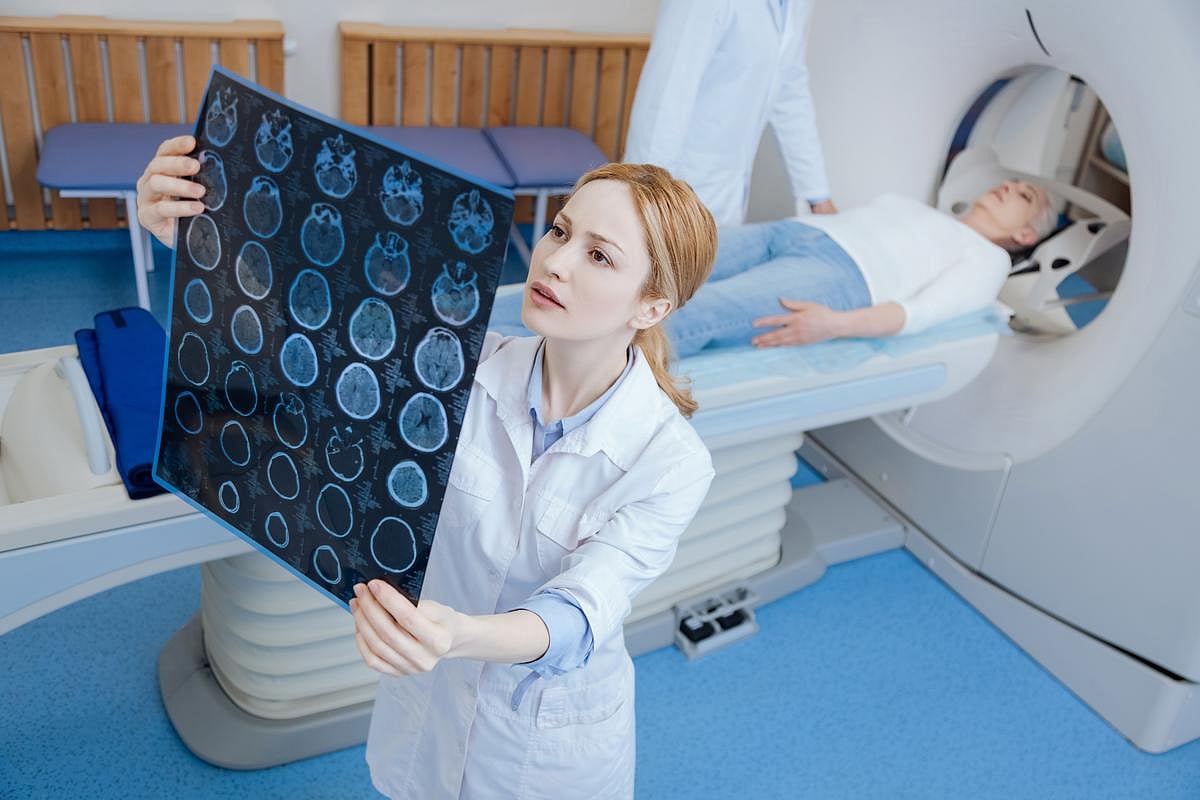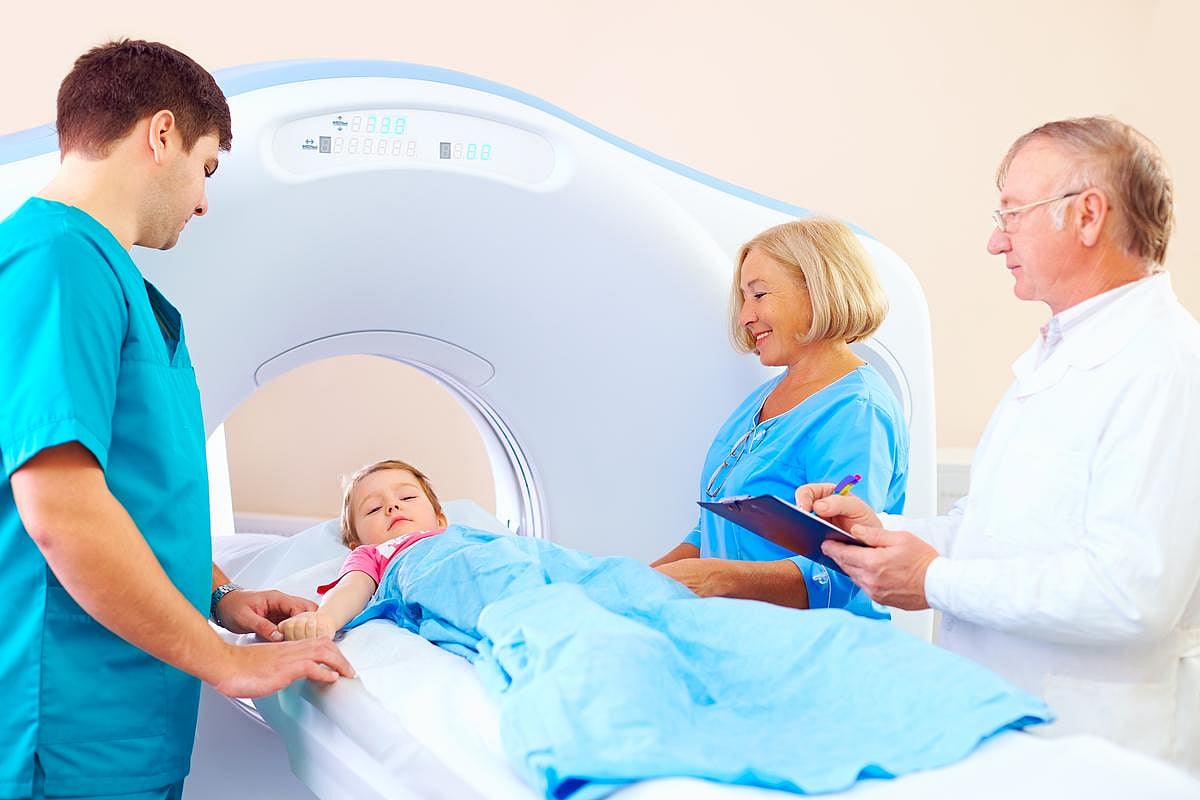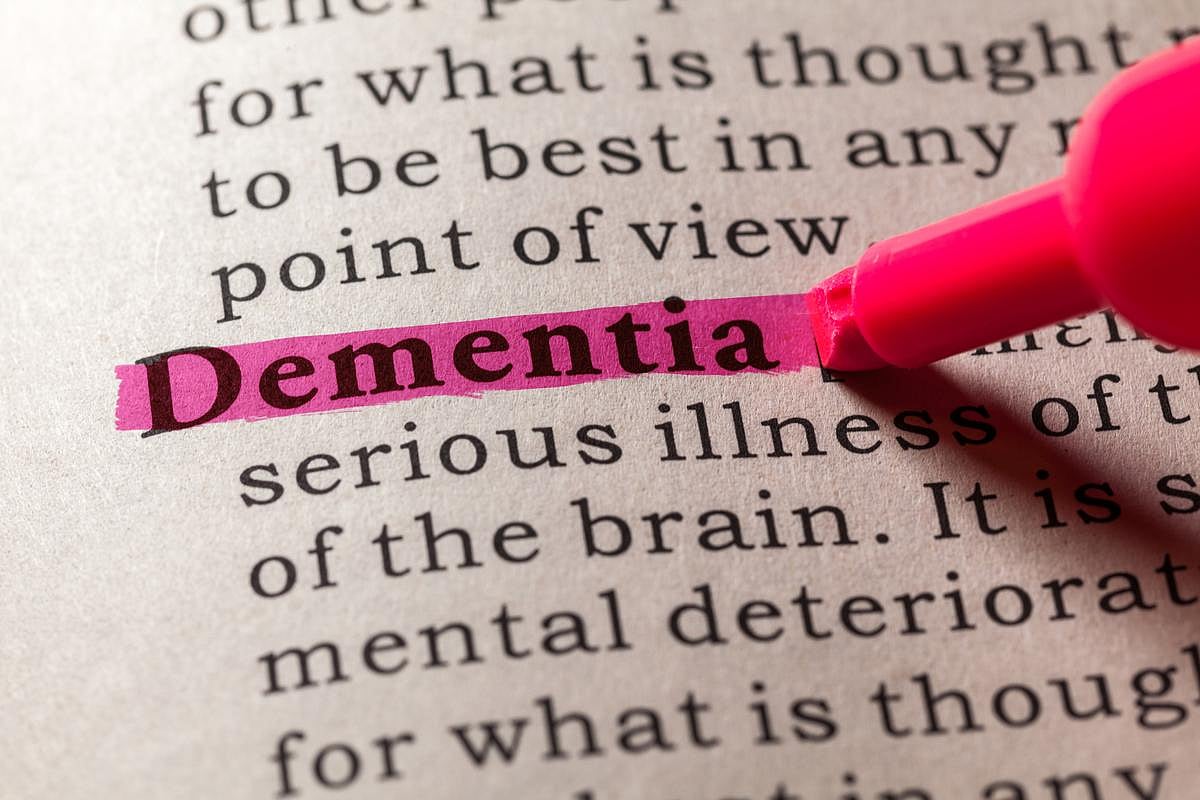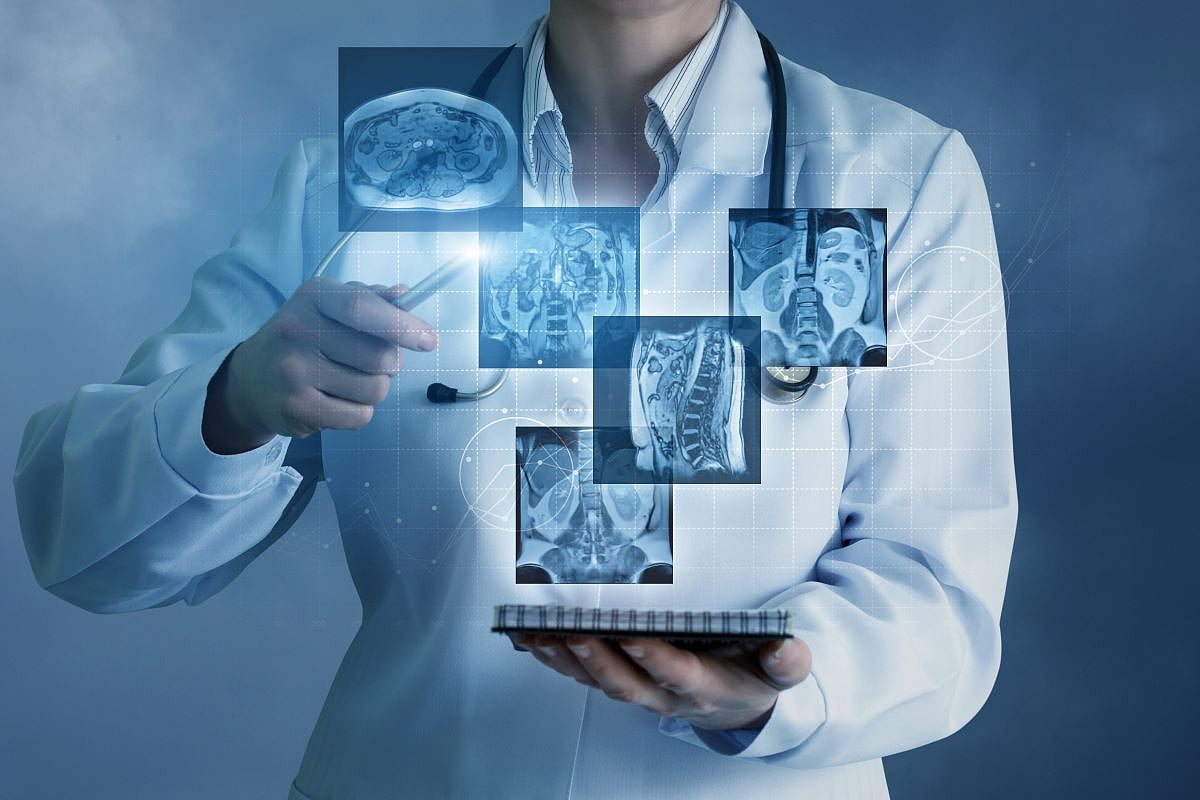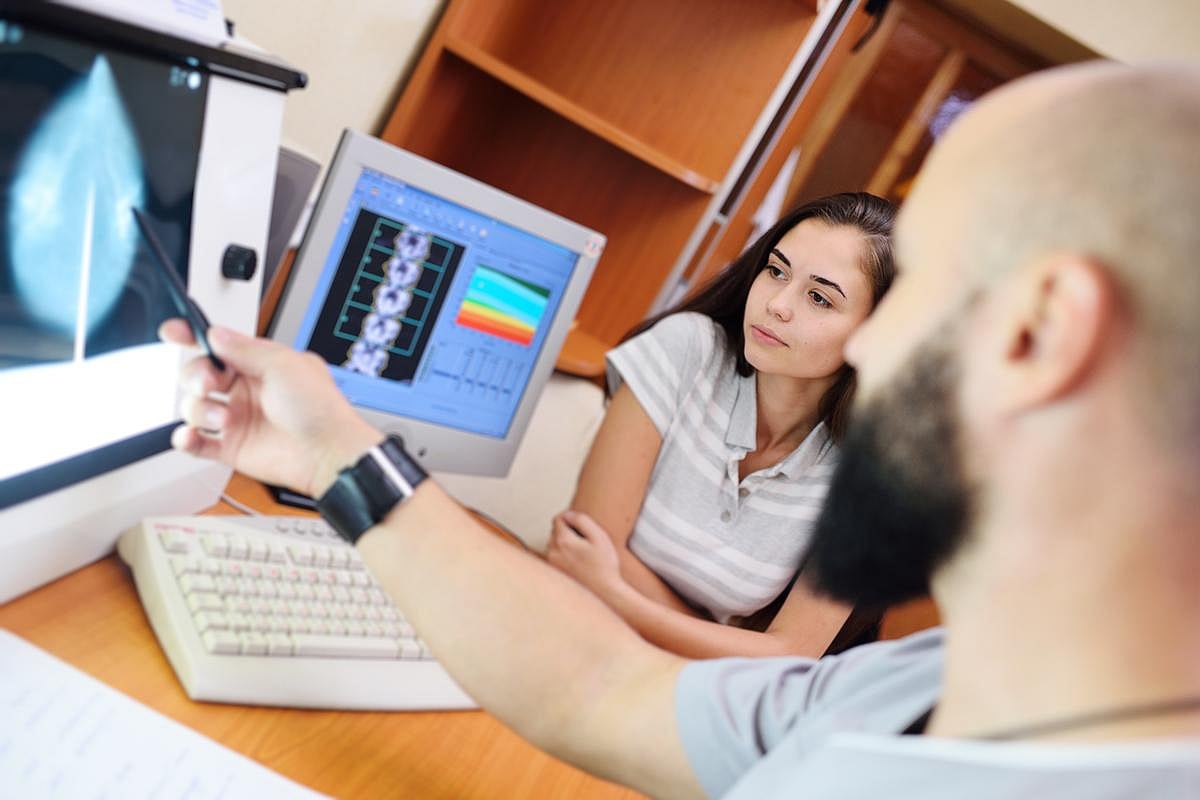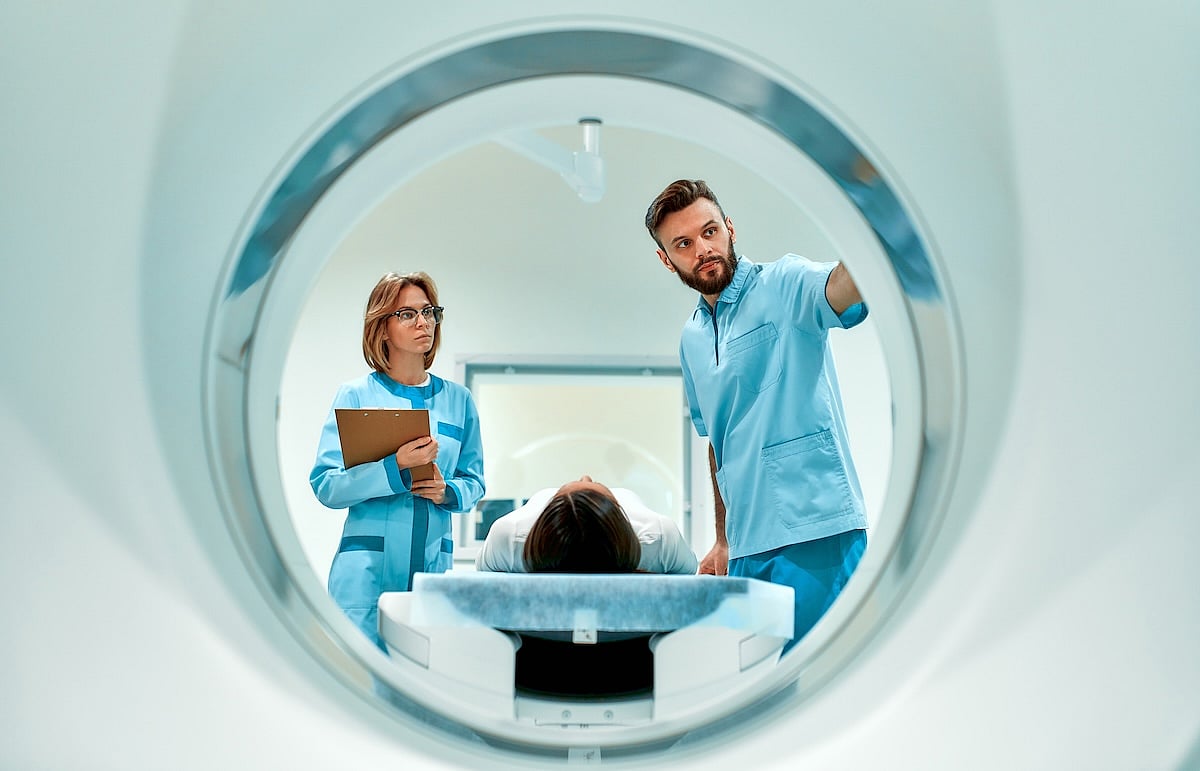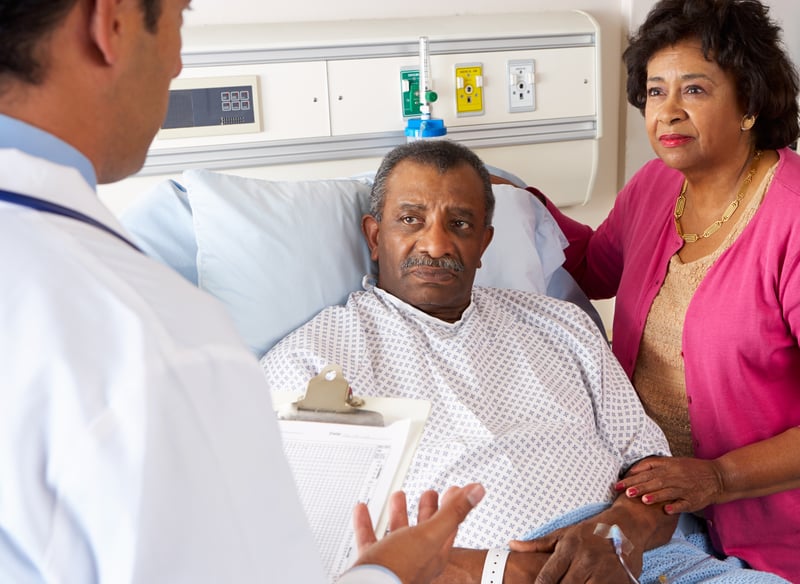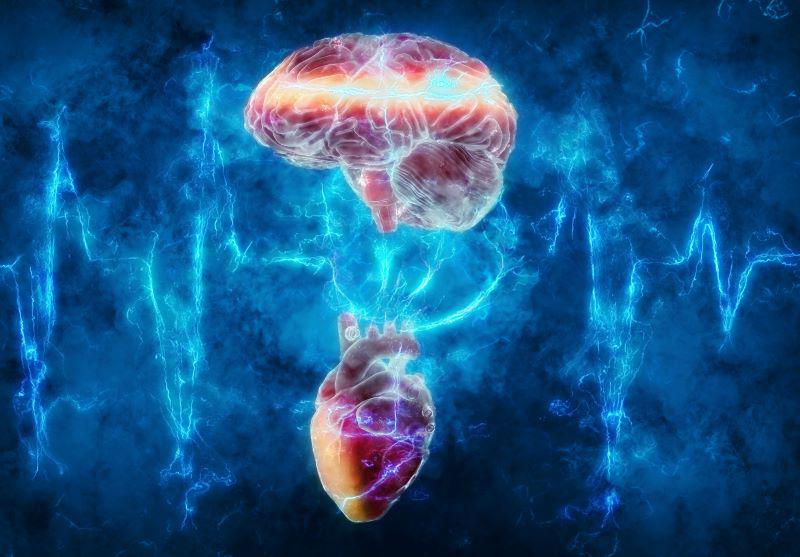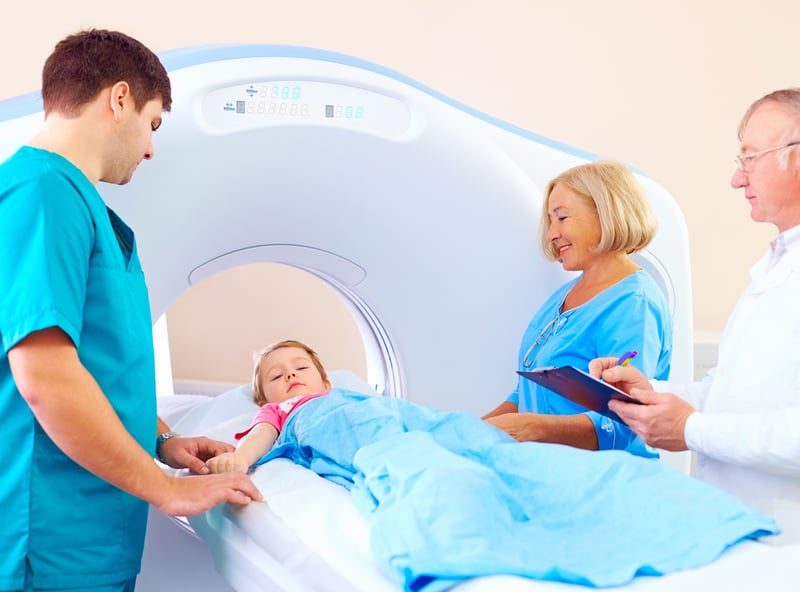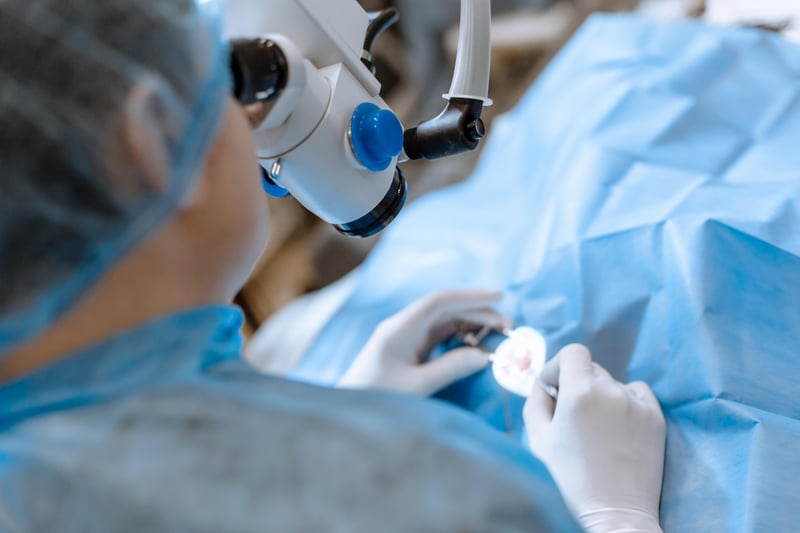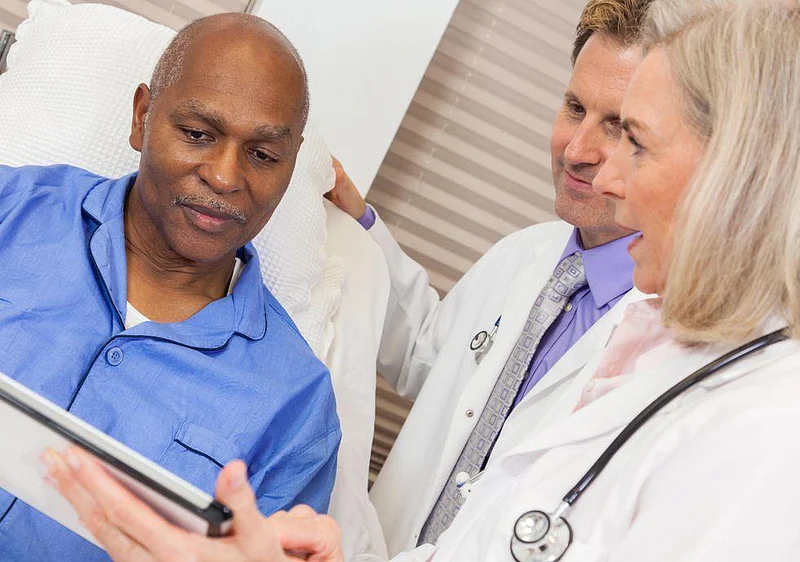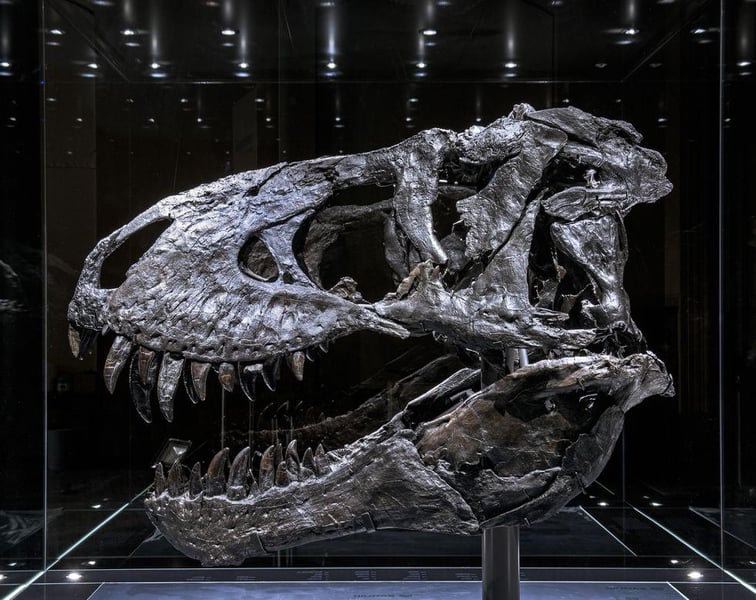Get Healthy!
Results for search "Imaging Devices".
Health News Results - 24
Contrast chemicals injected into people for medical imaging scans are likely contributing to water pollution, a new study says.
Medicare patients alone received 13.5 billion milliliters of contrast media between 2011 and 2024, and those chemicals wound up in waterways after people excreted them, researchers recently reported in
Children might be at greater risk from blood cancers due to radiation exposure from medical imaging, a new study says.
About 1 in every 10 cases of pediatric blood cancer may be due to radiation from imaging scans, researchers reported Sept. 17 in the
A new AI tool can help doctors hone in on a patient’s particular type of dementia, including Alzheimer’s disease, a new study says.
The AI tool, StateViewer, helped researchers identify a person’s dementia type in 88% of cases, accord...
- HealthDay Reporter
- Dennis Thompson
- |
- July 1, 2025
- |
- Full Page
Artificial intelligence (AI) can boost radiologists’ ability to quickly and accurately assess people’s X-rays, a new study says.
Some radiologists became 40% more efficient at reviewing images with the help of a custom-built AI program, researchers reported June 5 in JAMA Network Open.<...
- HealthDay Reporter
- Dennis Thompson
- |
- June 9, 2025
- |
- Full Page
TUESDAY, May 6, 2025 (HealthDay news) -- It’s natural to feel a wave of anxiety following a diagnosis of breast cancer.
But women shouldn’t let worries about delaying treatment deter them from seeking a second opinion on their diagnosis and trea...
- HealthDay Reporter
- Dennis Thompson
- |
- May 6, 2025
- |
- Full Page
Thinking of splurging on a whole-body MRI or CT scan, based on the latest health fad?
Just keep in mind that you’ll be contributing to climate change, a new study says.
Unnecessary imaging scans for Medicare recipients alone create up to 129 metric kilotons of carbon dioxide emissions a year – equivalent to powering a town of more than 70,000 people, researchers found.
- HealthDay Reporter
- Dennis Thompson
- |
- April 3, 2025
- |
- Full Page
Heard the latest on social media about testosterone testing, full-body MRI scans, “egg timer” female fertility tests or gut microbiome analysis?
If so, you’ve more than likely been exposed to misinformation, a new study suggests.
Analysis of nearly 1,000 Instagram and TikTok posts on five controversial medical screening tests revealed a tidal wave of half-truths, i...
- HealthDay Reporter
- Dennis Thompson
- |
- March 3, 2025
- |
- Full Page
A technique that uses imaging technology as a guide can make radiation therapy safer for patients undergoing treatment for prostate cancer, a new research review finds.
The technology enables clinicians to accurately aim the radiation beams at the prostate, while avoiding bladder, urethra and rectal tissue. This, in turn, reduces short-term side effects for patients, according to research...
- HealthDay Reporter
- Cara Murez
- |
- July 25, 2023
- |
- Full Page
A mind-reading device seems like science fiction, but researchers say they're firmly on the path to building one.
Using functional MRI (fMRI), a newly developed brain-computer interface can read a person's thoughts and translate them into full sentences, according to a report publish...
- HealthDay Reporter
- Dennis Thompson
- |
- May 1, 2023
- |
- Full Page
Getting a single CT scan during childhood doesn't appear to increase a child's risk of a future brain tumor, leukemia or lymphoma, new research finds, but getting four or more scans more than doubles the chances.
CT scans use low-dose radiation, which can damage cells. Past evidence about the risks of cancer from these scans in children 18 and younger was conflicting, researchers said.
- HealthDay Reporter
- Cara Murez
- |
- April 24, 2023
- |
- Full Page
A medical device used to diagnose and treat pancreatic and bile duct disease is getting attention from the U.S. Food and Drug Administration after pieces have fallen off and remained in patients' bodies.
Previously, the FDA had expressed
Newer scanning technology may spot more breast cancers and lower the rate of dreaded false positives, a large, new study shows.
Now available in a growing number of health care facilities, tomosynthesis uses low-dose X-rays and computer reconstructions to create 3D images of the breasts to find cancers. In contrast, traditional mammography creates 2D images of the breasts.
"Tom...
- HealthDay Reporter
- Denise Mann
- |
- March 14, 2023
- |
- Full Page
Nearly half of women have dense breast tissue, which can be a double whammy on their odds for breast cancer.
Not only are dense breasts a risk factor for cancer, but this glandular and fibrous connective tissue make it harder to detect cancers on a mammogram, the usual method for breast cancer screening.
- HealthDay Reporter
- Cara Murez
- |
- February 6, 2023
- |
- Full Page
Mastectomy has long been the standard of care for certain breast cancer patients, but it still may be more extensive than many women need, a new study suggests.
Researchers found that many women who have two or even three breast tumors may be able to have breast-conserving lumpectomies instead of having the entire breast removed.
That's because newer, more sensitive imaging techniqu...
- HealthDay Reporter
- Cara Murez
- |
- December 9, 2022
- |
- Full Page
A new ultrasound treatment for kidney stones might provide pain-free relief while the patient is awake, researchers say.
Kidney stones are often excruciatingly painful. In most cases, patients are told to just ride it out, sometimes for weeks, in the hope the stone will ...
- HealthDay Reporter
- Alan Mozes
- |
- October 12, 2022
- |
- Full Page
U.S. hospitals are running low on contrast dye injected into patients undergoing enhanced X-rays, CT scans and MRIs.
The fluid, which makes the routine but potentially life-saving scans readable, helps doctors identify clots in the heart and brain. The shortage is expected to last until at least June 30, t...
- HealthDay Reporter
- Ernie Mundell and Robert Preidt
- |
- May 19, 2022
- |
- Full Page
Emphysema is missed more often in Black Americans than in white Americans, and now researchers report they have figured out why.
The investigators found that many Black men who were considered to have normal results after race-specific interpretations of a common lung function test called spirometry actually had emphysema when assessed using computed tomography (CT).
Emphysema invol...
- HealthDay Reporter
- Robert Preidt
- |
- May 16, 2022
- |
- Full Page
They once ruled the planet, but even the mighty Tyrannosaurus rex could suffer from bone disease, new research shows.
Scientists used imaging to examine the lower left jaw of a fossilized T. rex skeleton discovered in Montana in 2010. The skeleton, which is about 68 million years old and one of the most complete skeletons of the carnivorous dinosaur ever found, is at the Museum für Nat...
- HealthDay Reporter
- Robert Preidt
- |
- December 1, 2021
- |
- Full Page
Early detection of ovarian cancer helps boost a woman's survival, and the U.S. Food and Drug Administration on Monday approved a new imaging drug that can help spot tumors during surgery.
The drug, Cytalux (pafolacianine), is meant to improve a surgeon's ability to detect ovarian cancer while operating on a patient.
It is administered intravenously before surgery and is used in conj...
- HealthDay Reporter
- Robert Preidt
- |
- November 29, 2021
- |
- Full Page
Illustrating the power of the mind to heal itself, new research suggests that the placebo effect could help drive antidepressants' effects against anxiety disorders.
The placebo effect refers to an increase in the success of a treatment when a patient expects a benefit.
In the new study, patients with s...
- HealthDay Reporter
- Ernie Mundell and Robert Preidt
- |
- November 10, 2021
- |
- Full Page
Researchers may have found a noninvasive way to temporarily open the brain's borders to allow tumor-fighting medication inside.
By necessity, the brain is shielded by a layer of specialized cells called the blood-brain barrier. Its job is to allow needed substances in -- like oxygen and sugar -- while keeping out substances that could be toxic.
Unfortunately, that means medications ...
- HealthDay Reporter
- Amy Norton
- |
- October 18, 2021
- |
- Full Page
The size and shape of the blood vessels in your brain may help predict your risk of an often-fatal type of stroke, called an aneurysm, a new study finds.
An aneurysm is a bulge in an artery wall.
"A subarachnoid hemorrhage is the most dangerous type of stroke and occurs when a brain aneurysm leaks or ruptures, causing bleeding into the brain, killing more than 50% of affected people...
- HealthDay Reporter
- Steven Reinberg
- |
- October 4, 2021
- |
- Full Page
When people suffer a severe head injury, it's hard to predict how they will fare in the long run. But a new study suggests that something fairly simple -- measuring a protein in the blood -- could help.
The protein, called neurofilament light (NfL), is a component of the nerve fibers brain cells use to transmit signals. Damage to those fibers (called axons) is known to foretell a higher...
- HealthDay Reporter
- Amy Norton
- |
- September 30, 2021
- |
- Full Page
An artificial intelligence tool could help radiologists spot breast cancer on ultrasound images and reduce the need for extra testing, new research suggests.
"Our study demonstrates how artificial intelligence can help radiologists reading breast ultrasound exams to reveal only those that show real signs of breast cancer, and to avoid verification by biopsy in cases that turn out to be be...
- HealthDay Reporter
- Cara Murez
- |
- September 24, 2021
- |
- Full Page

